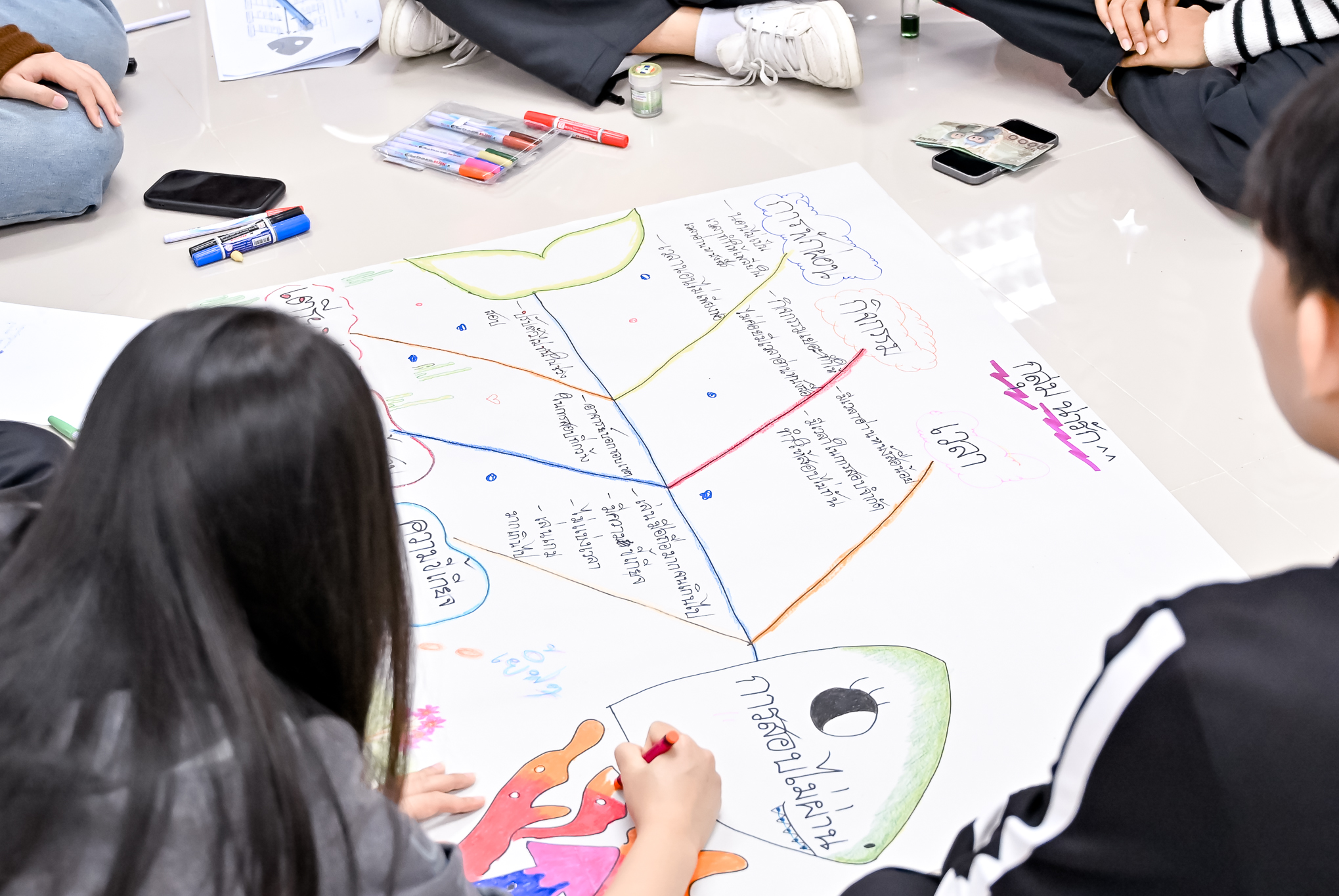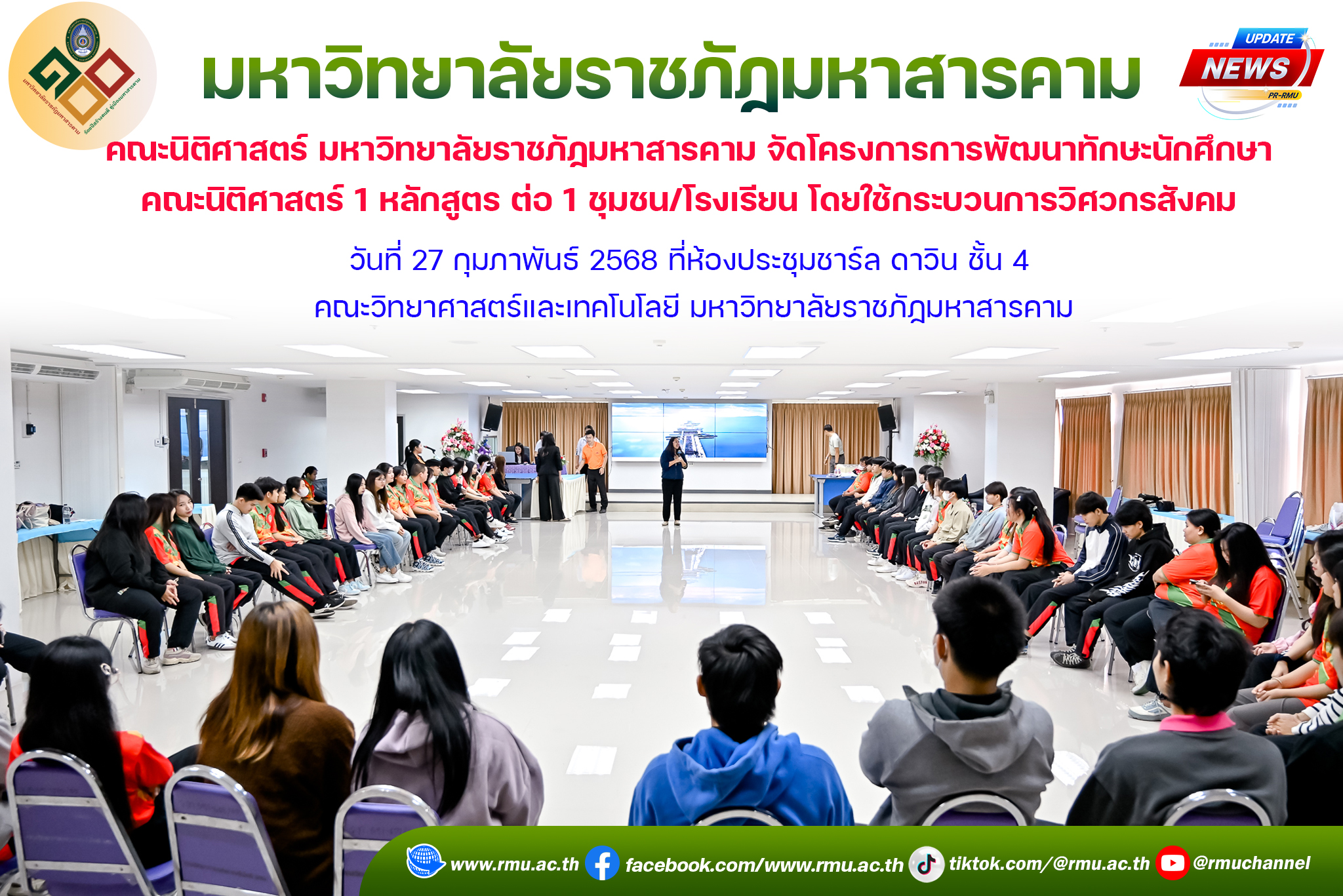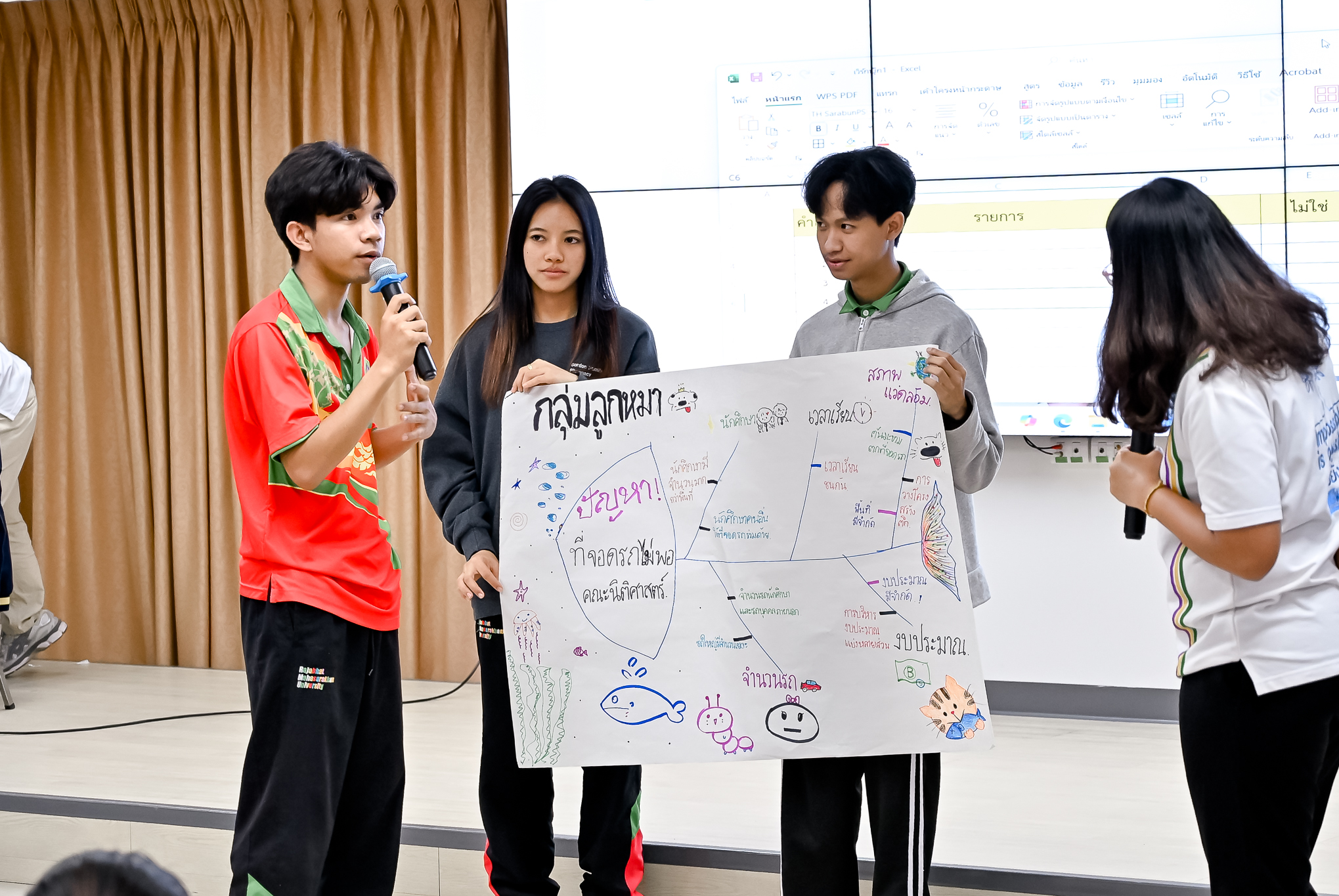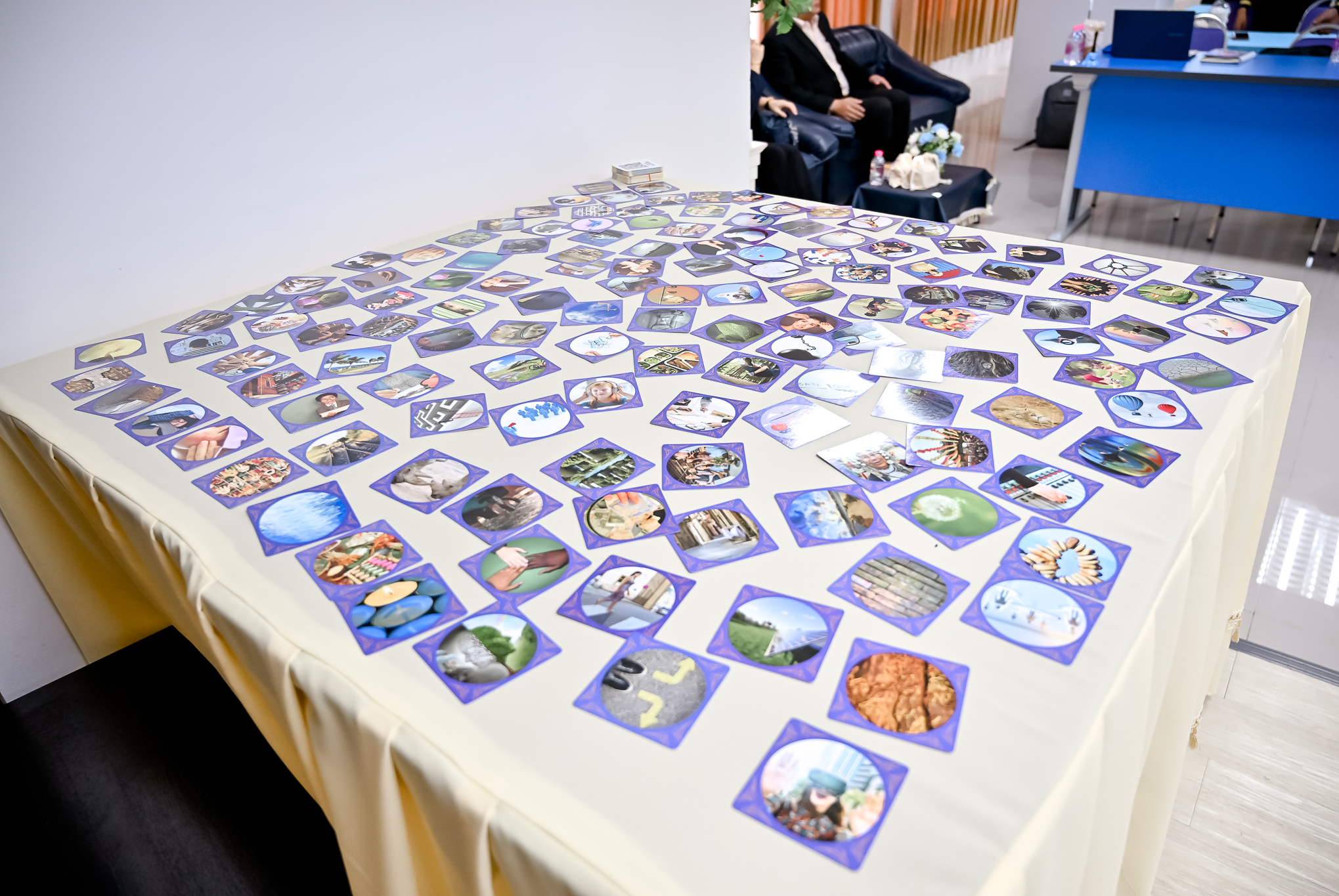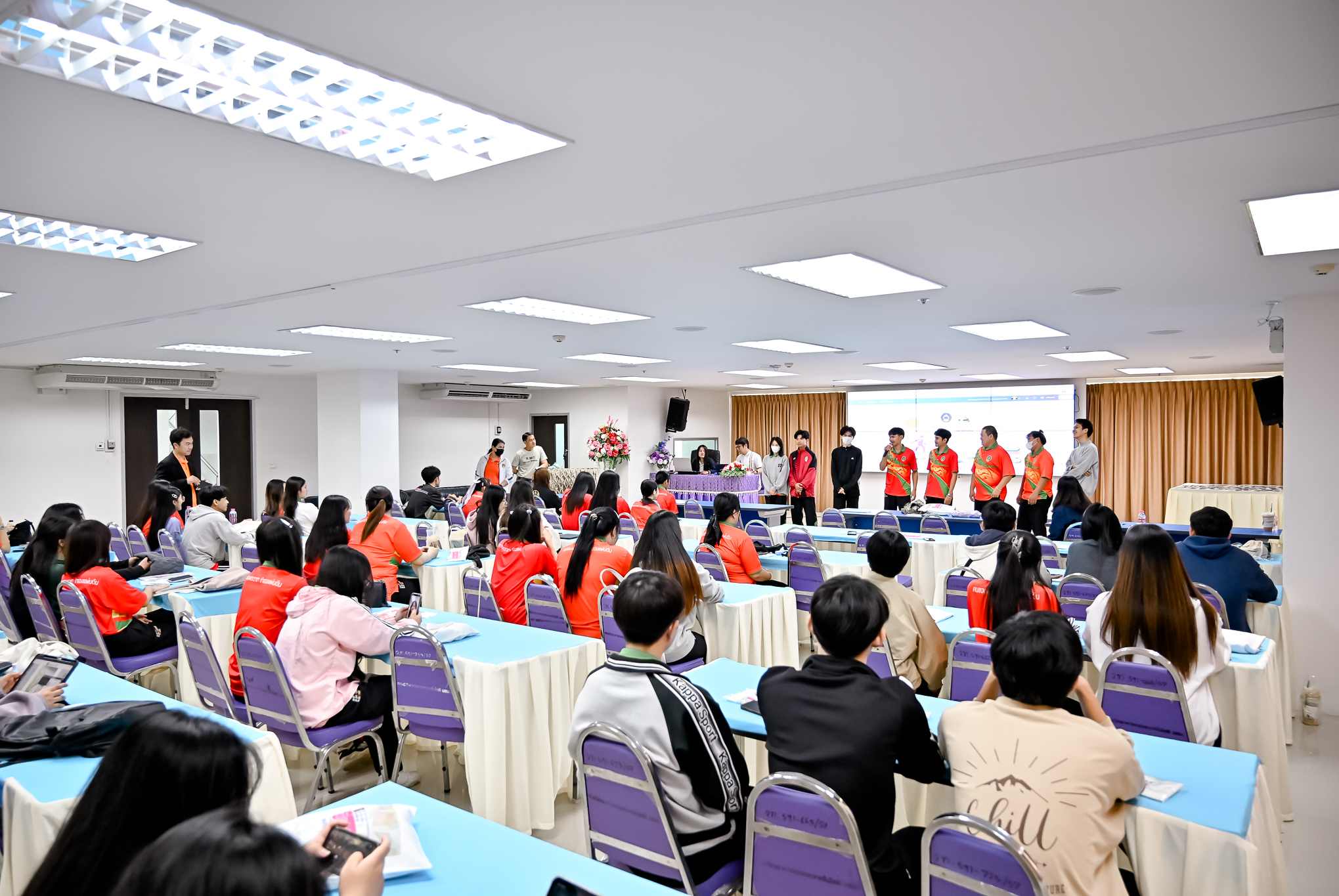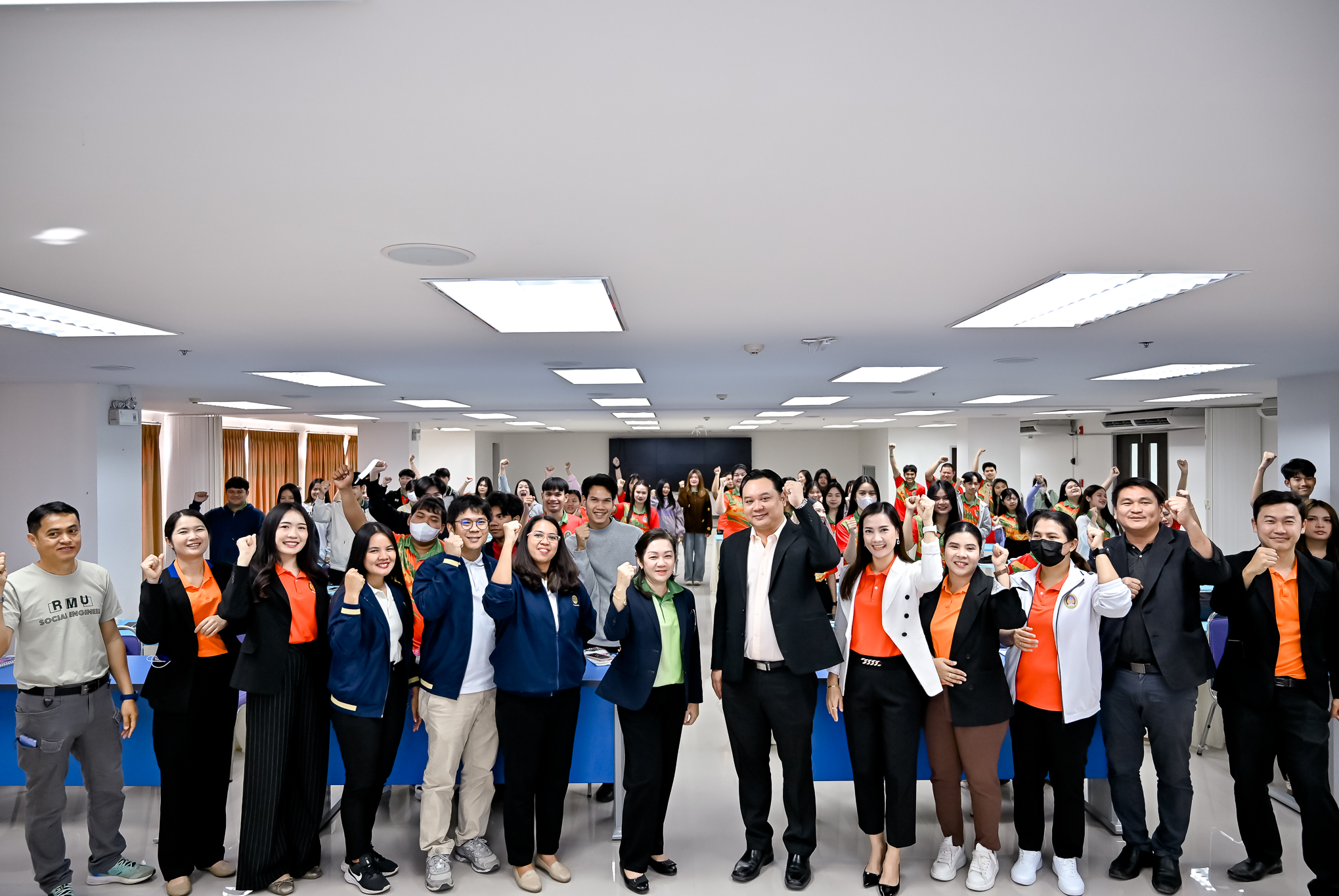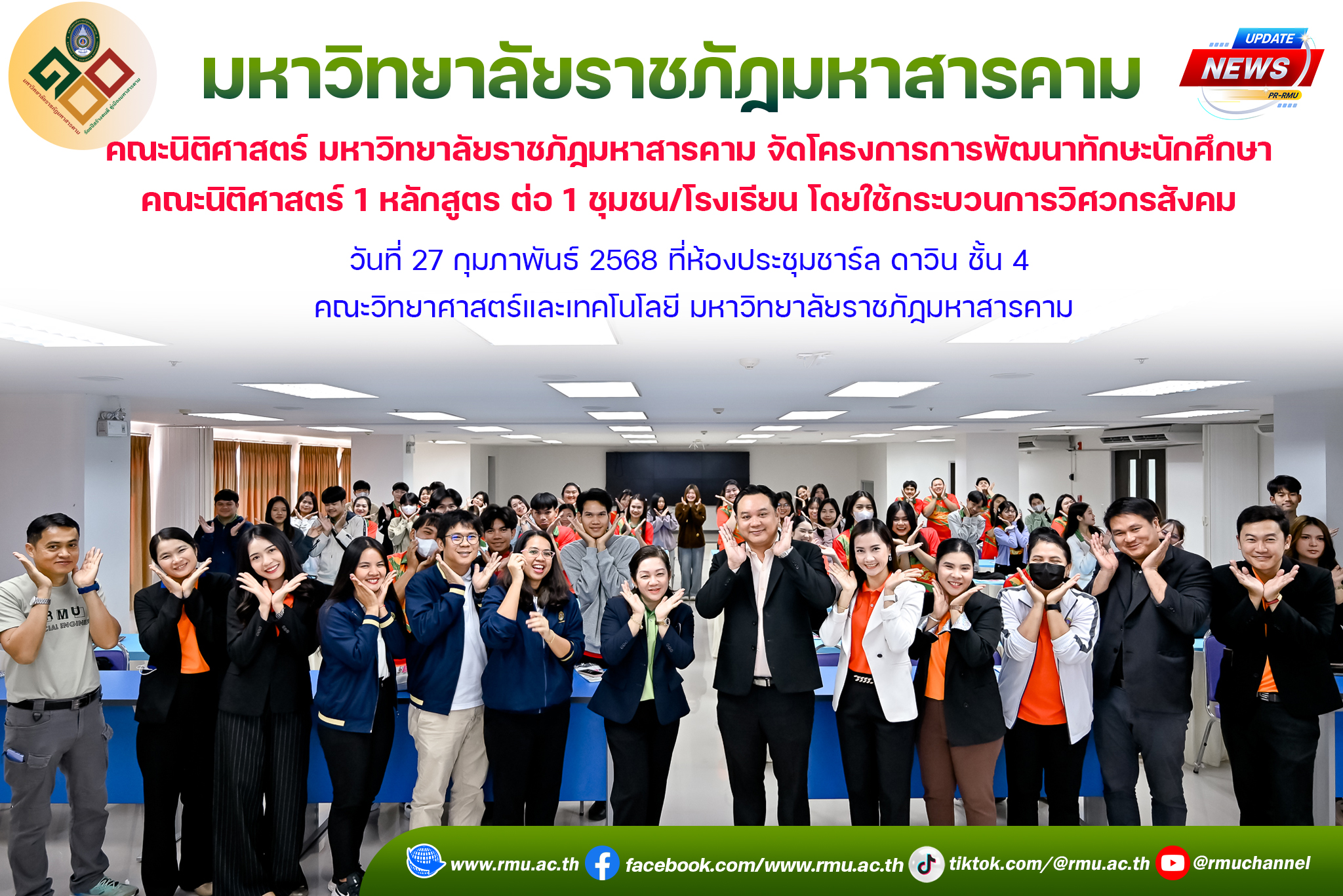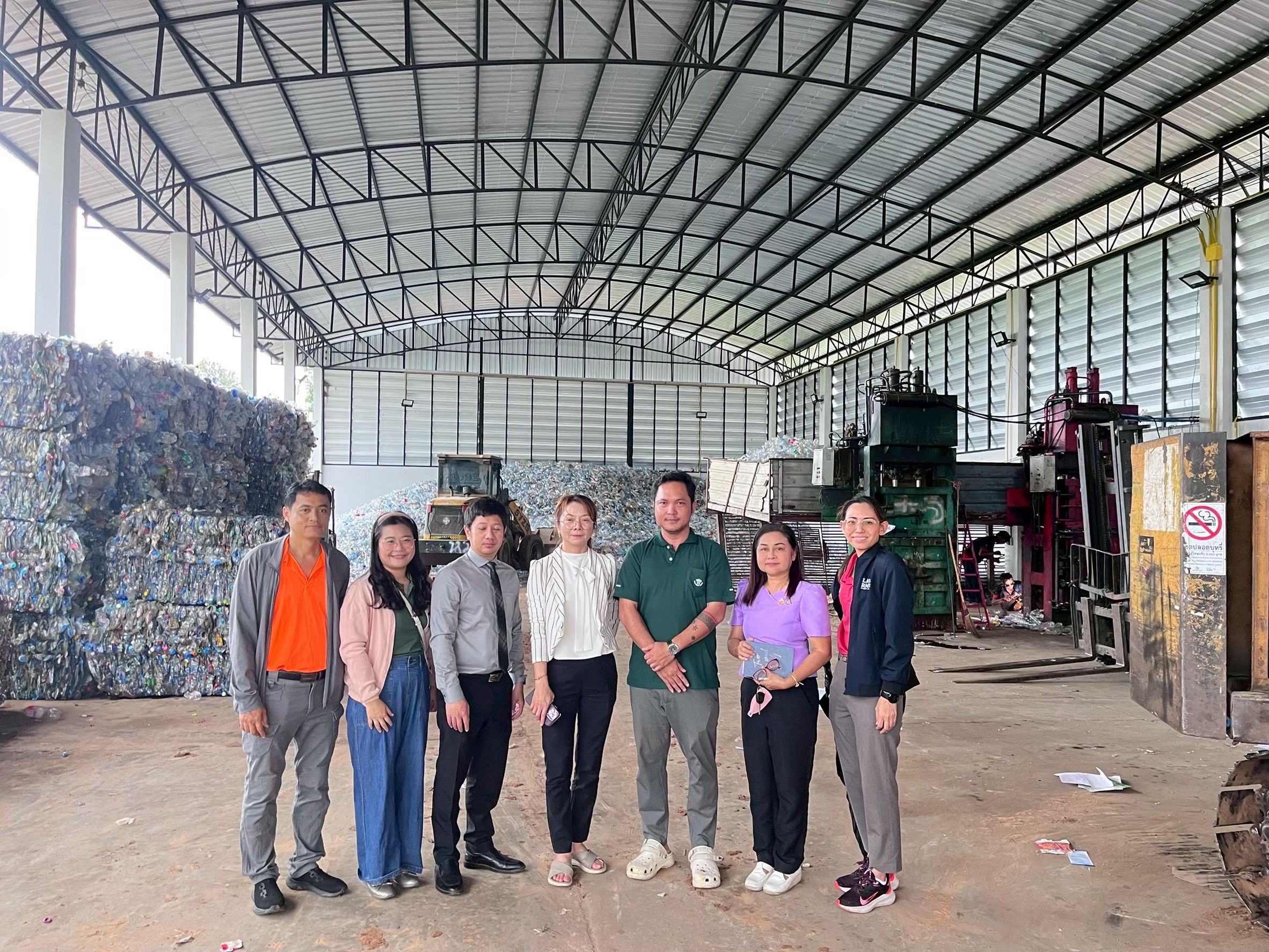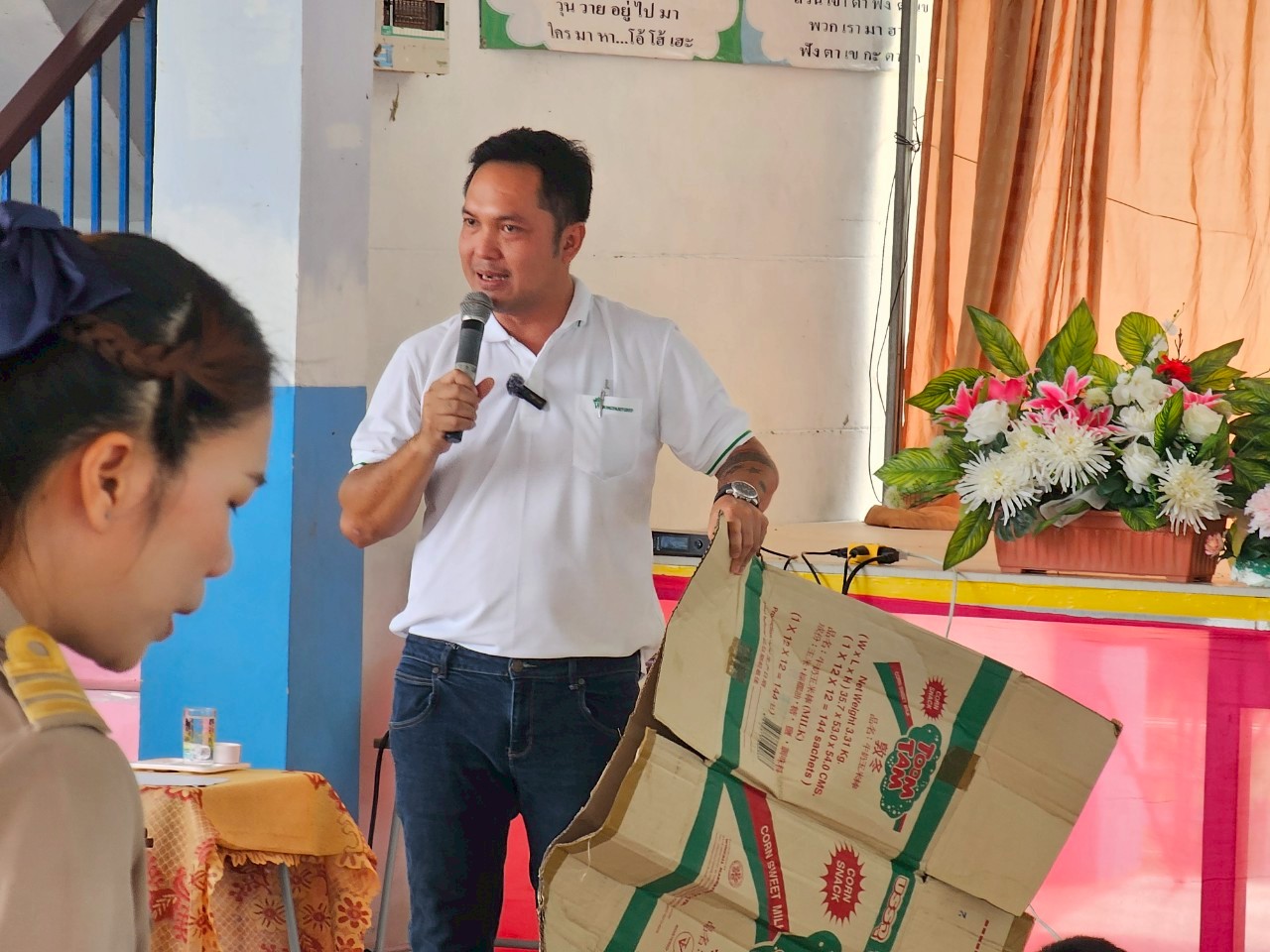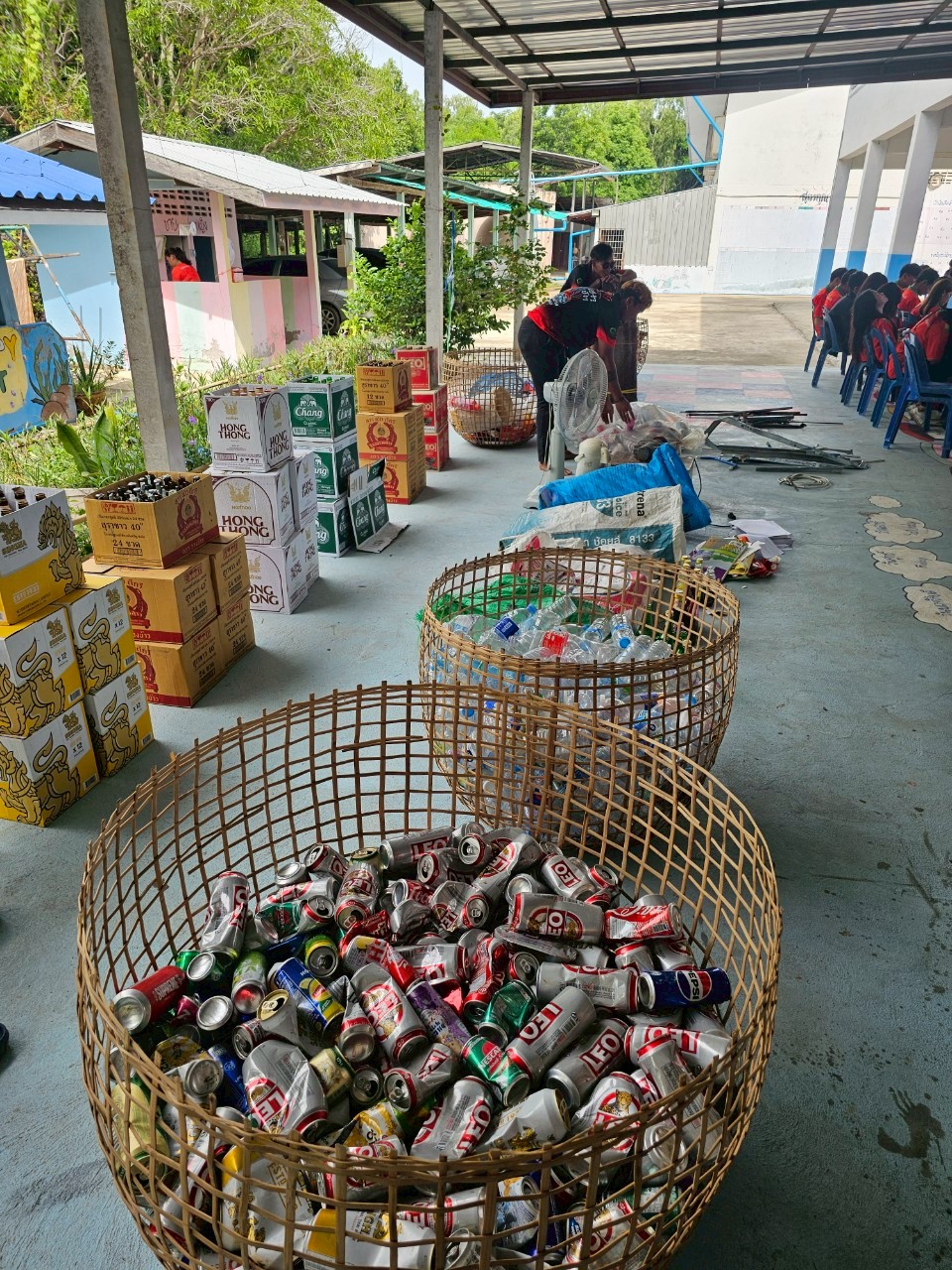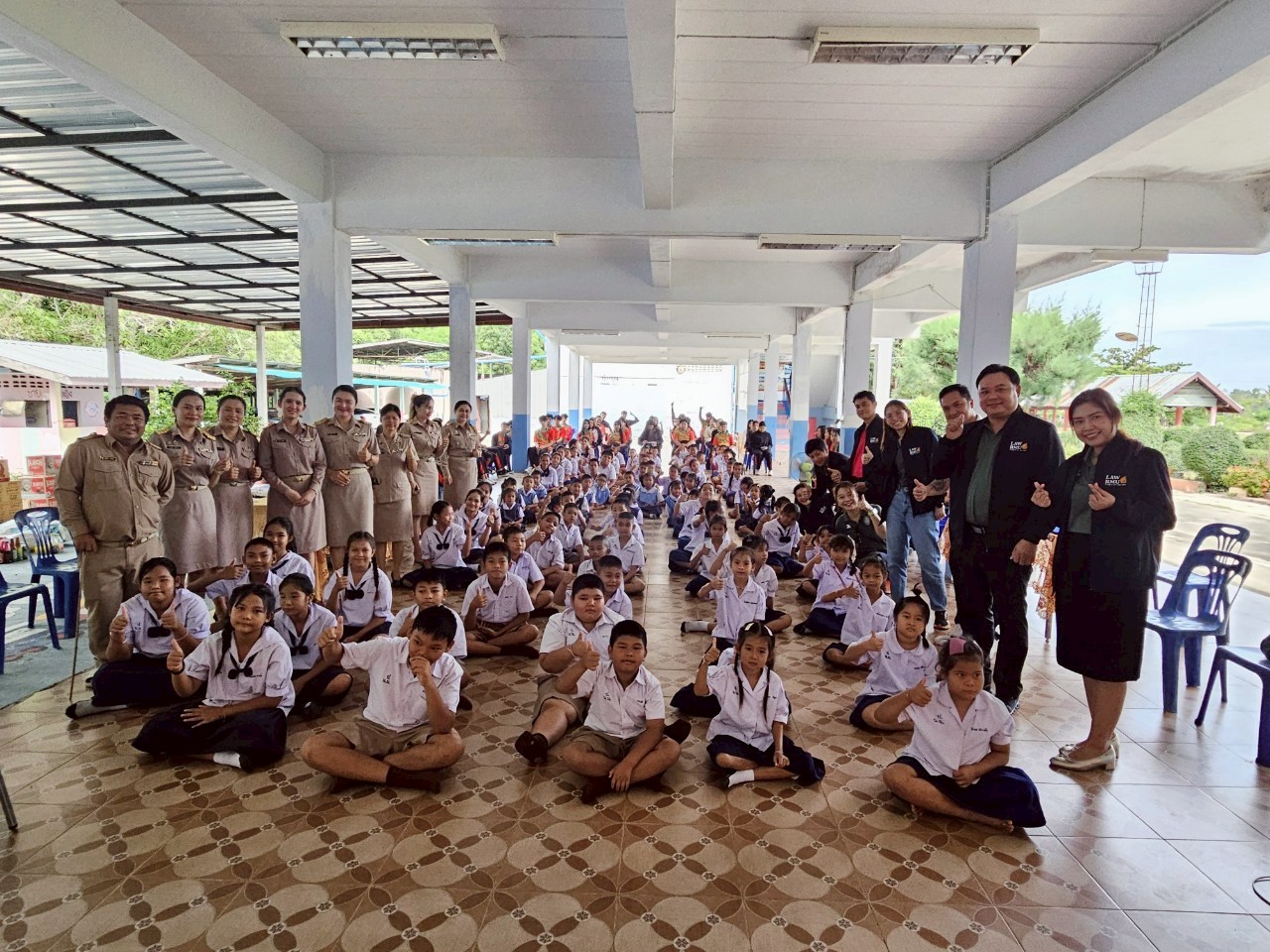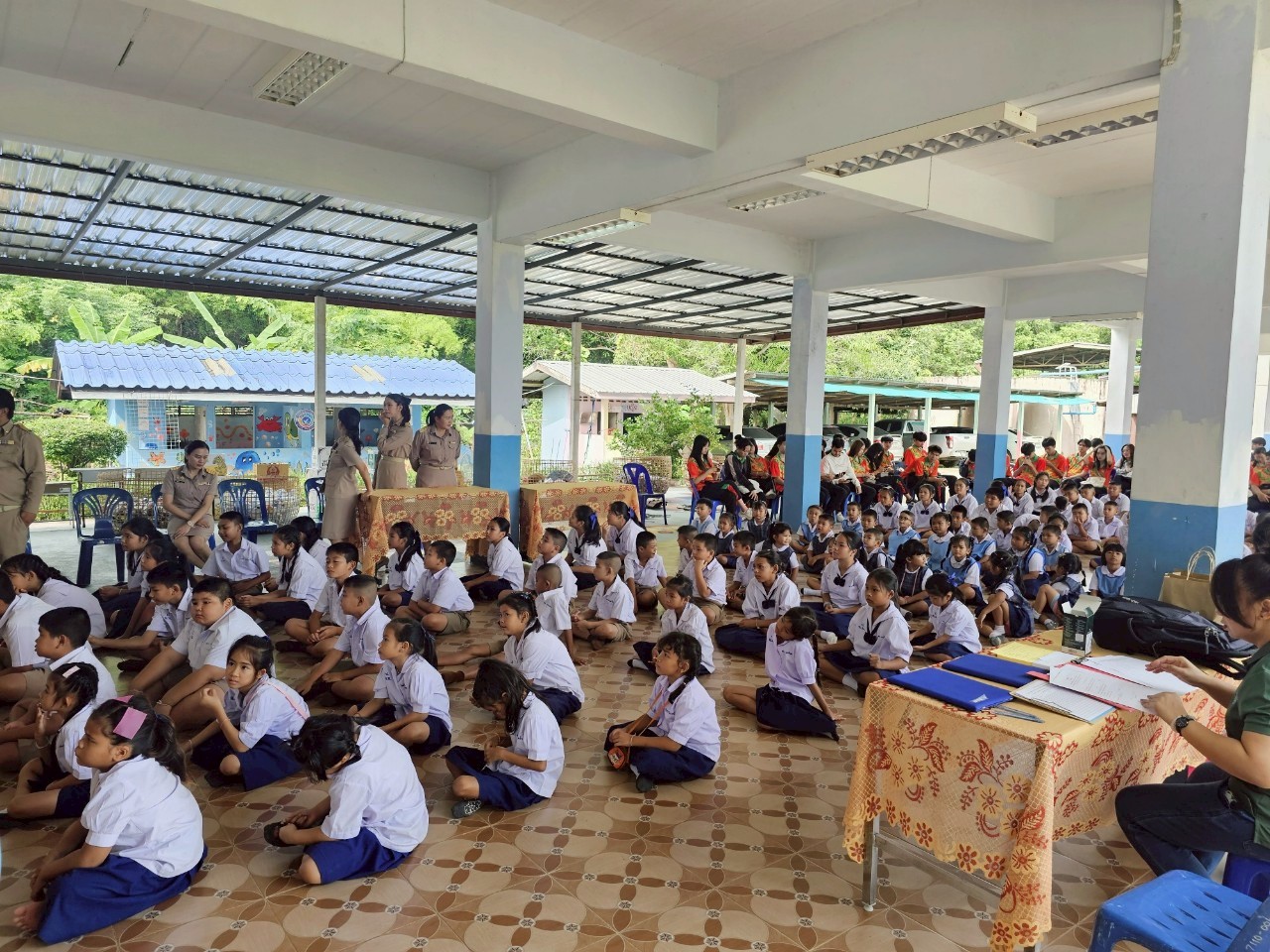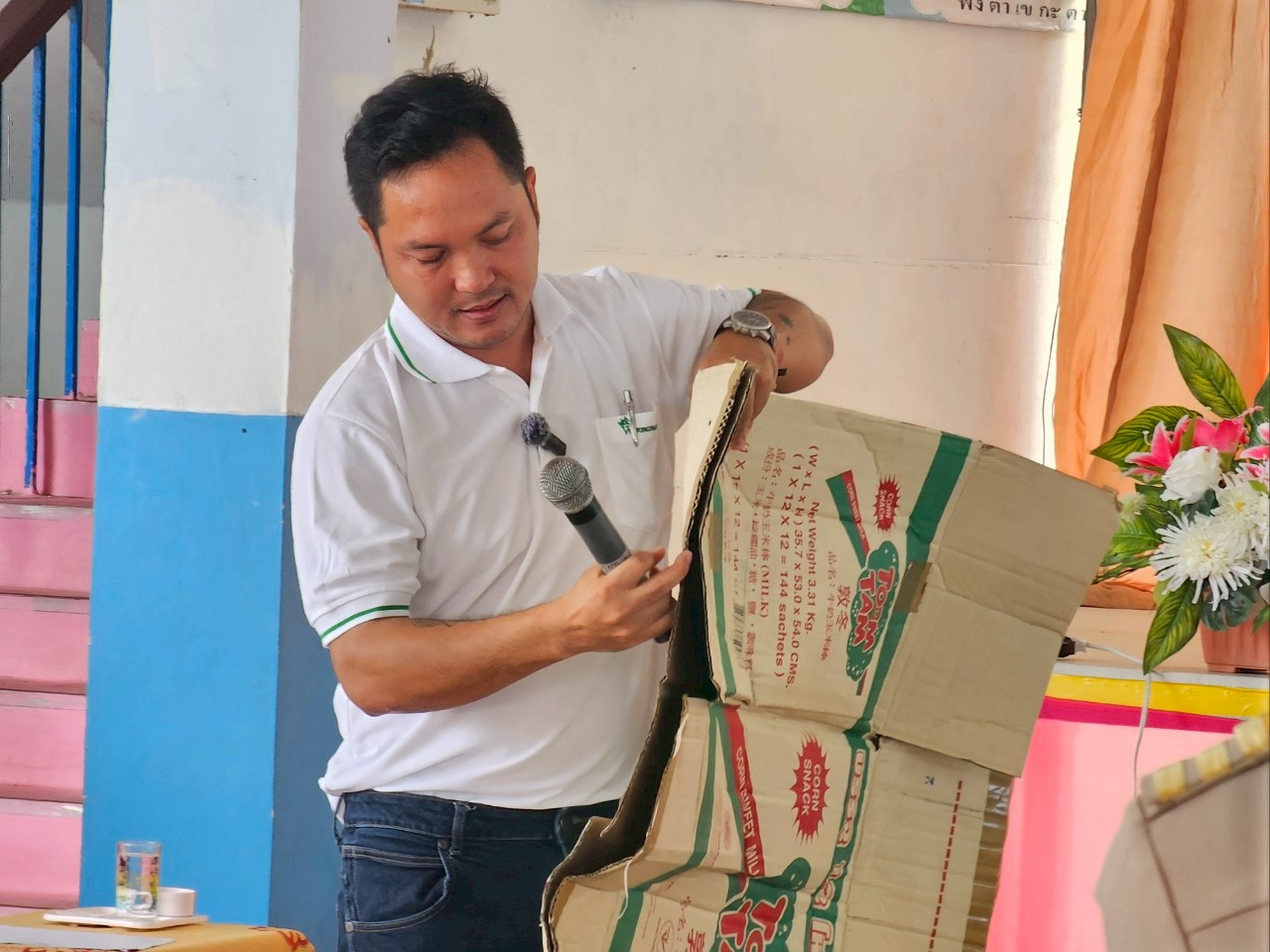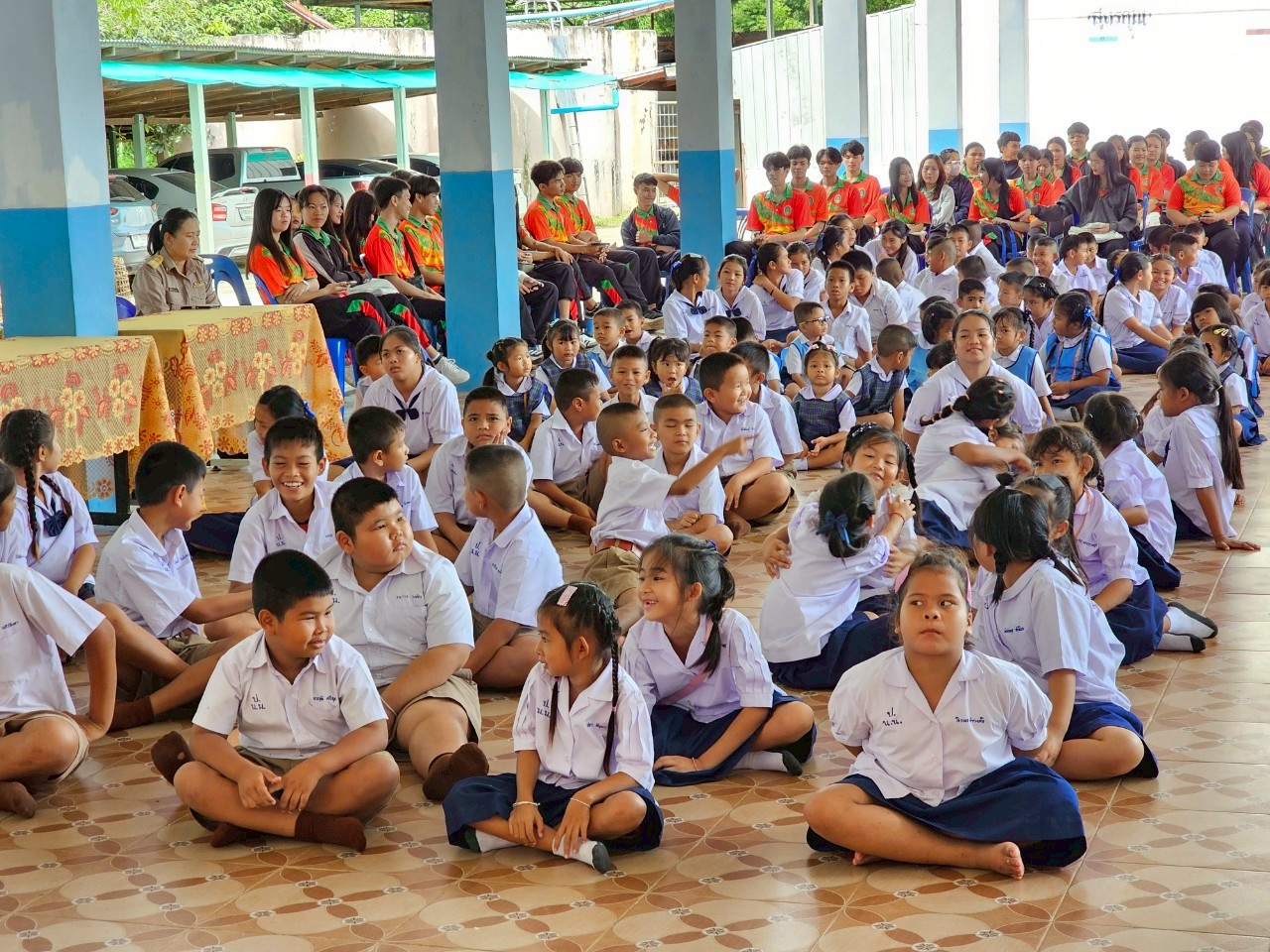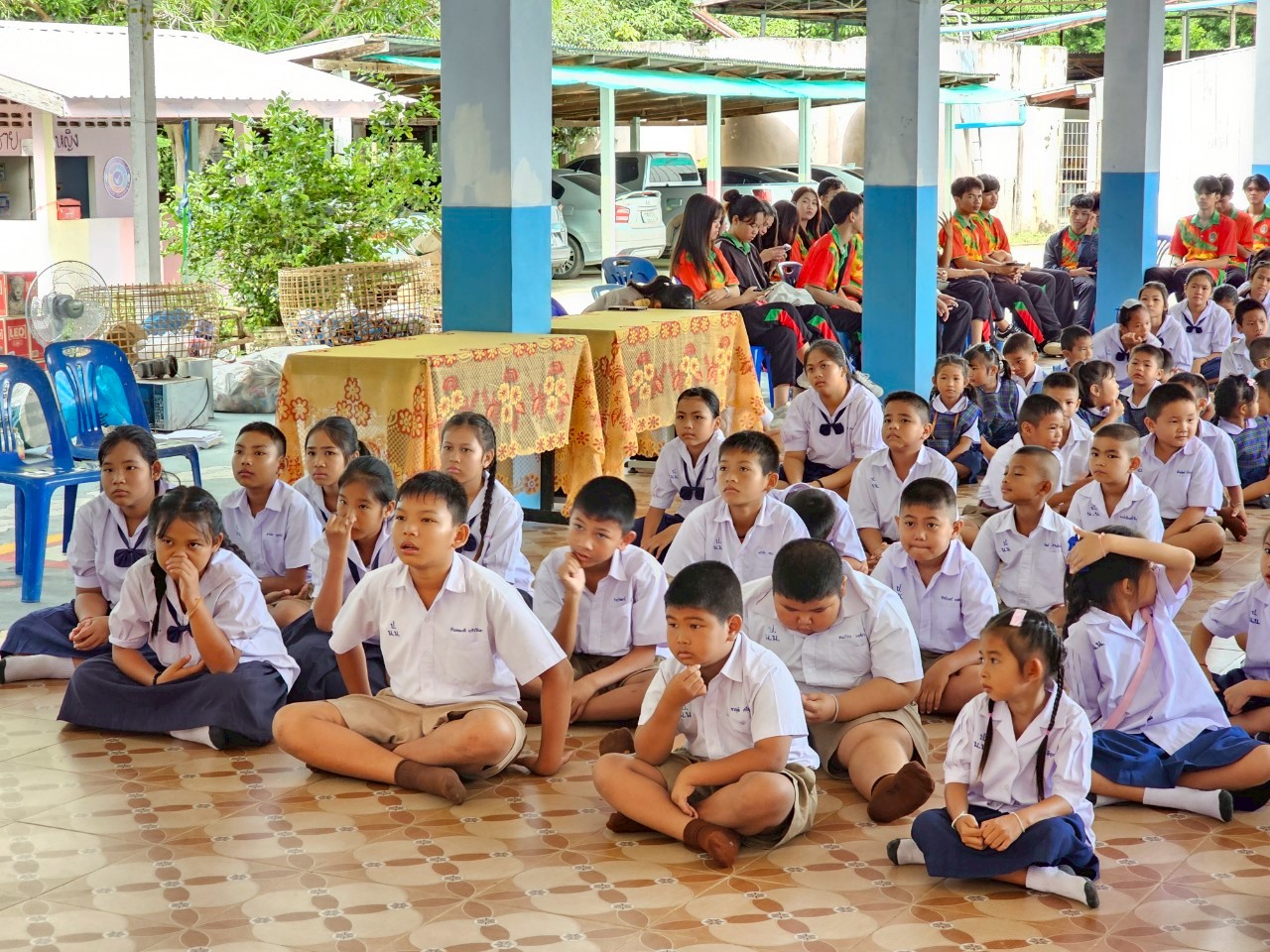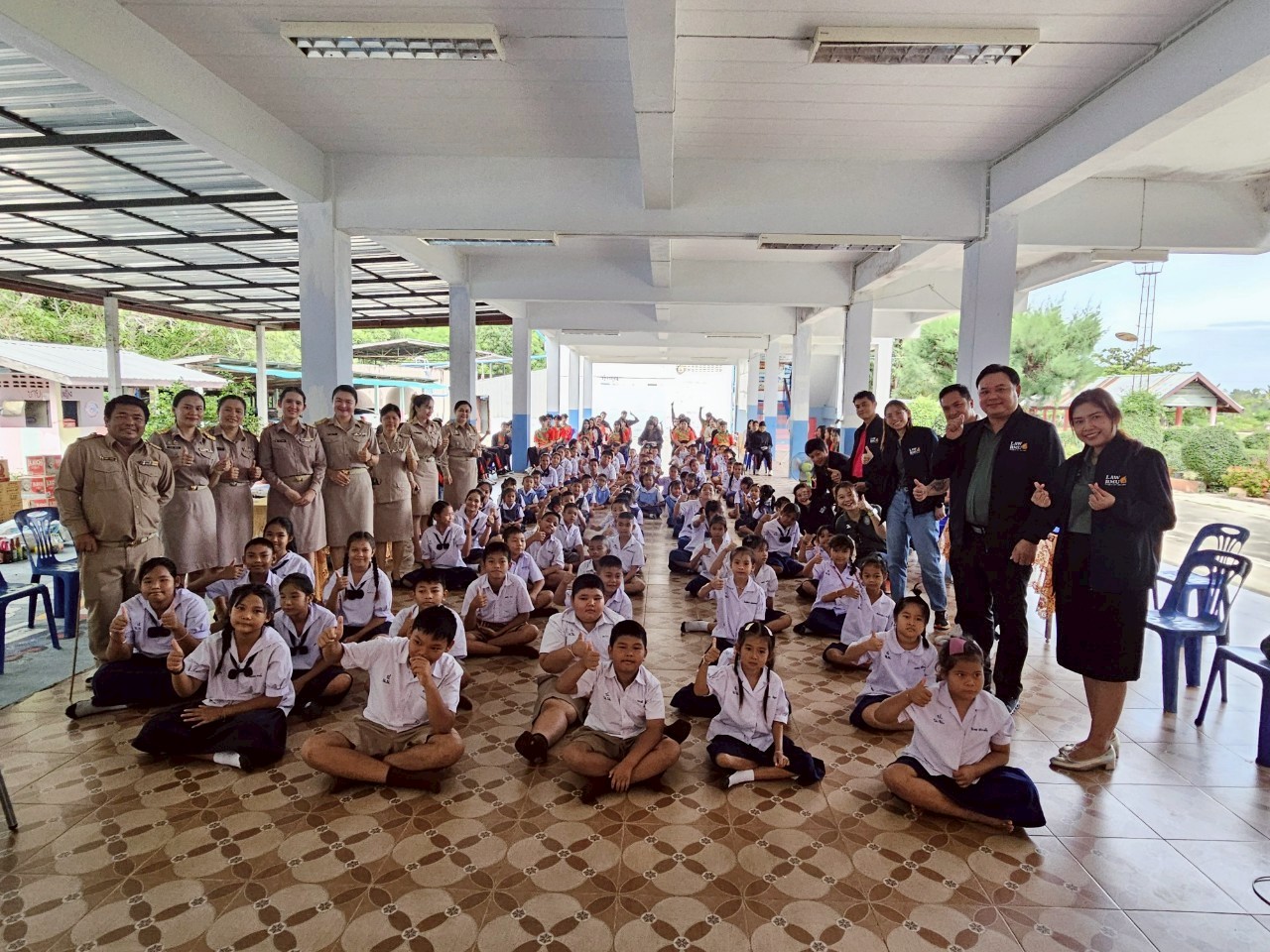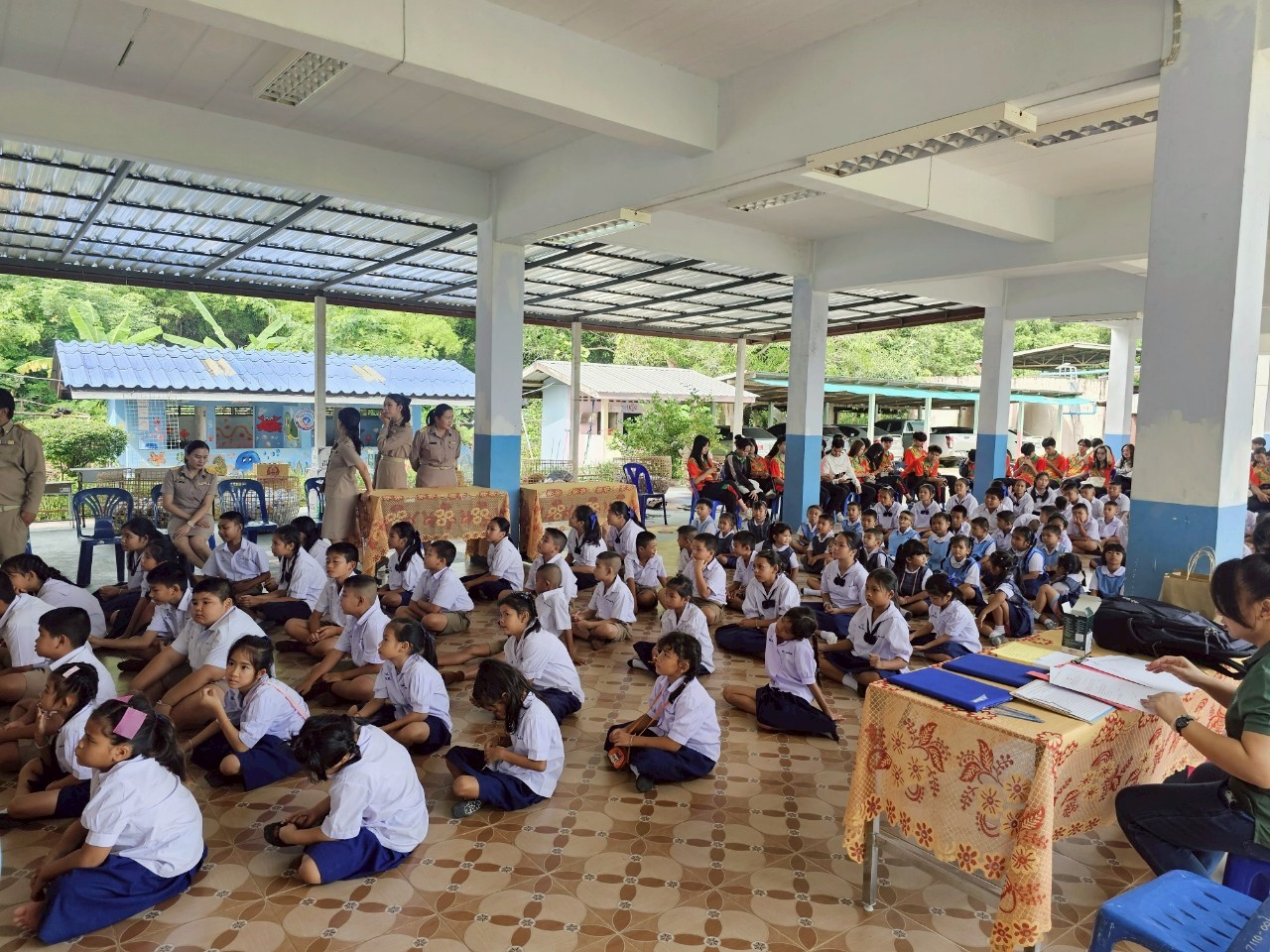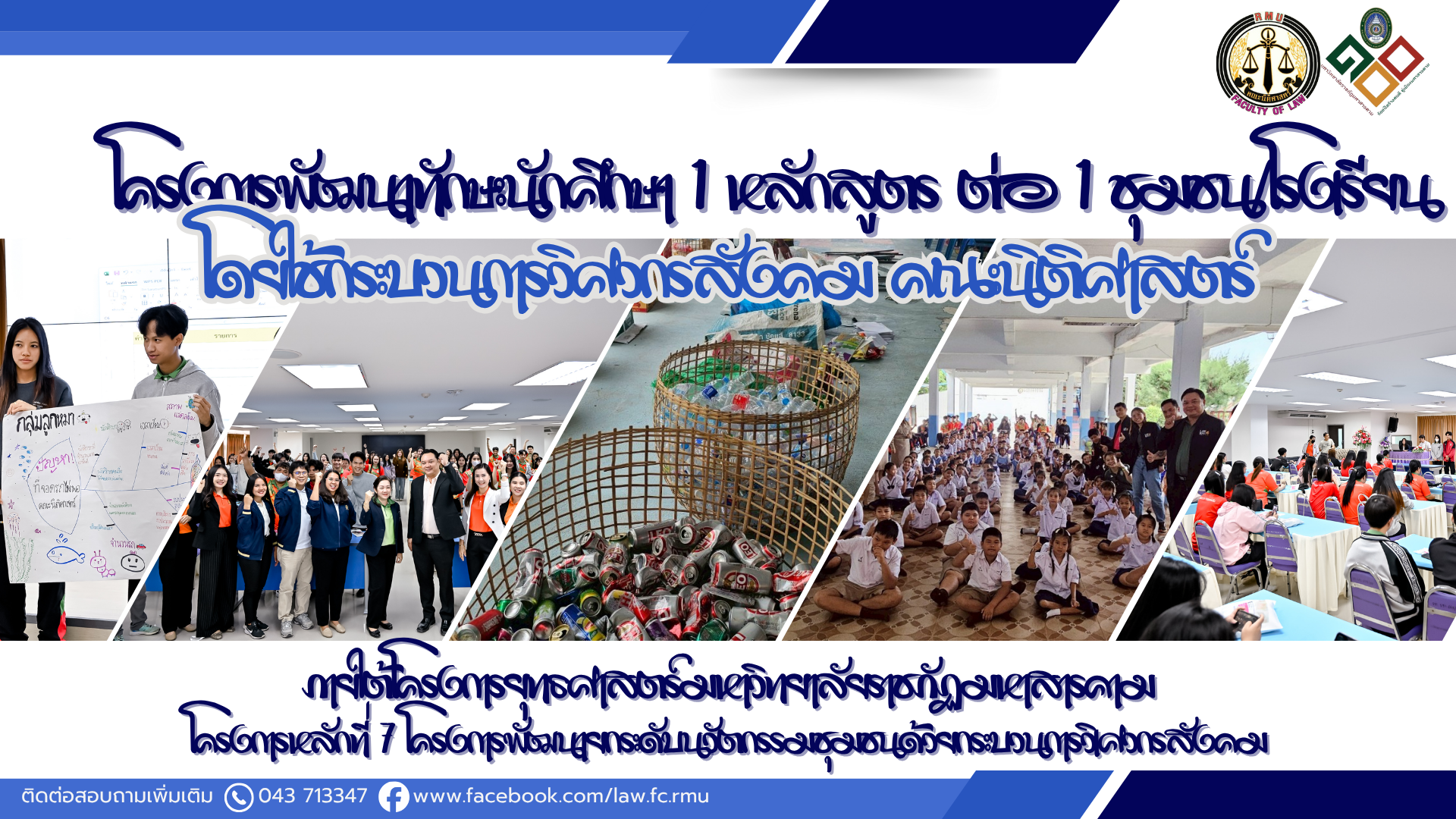
Student Skill Development (1 Curriculum 1 Community/School) using the Social Engineering Process, Faculty of Law
ผู้รับผิดชอบ ให้ข้อมูล : Dr. Krit Sinthusiri
SDG ที่เกี่ยวข้อง
เป้าหมายย่อยความสอดคล้องกับยุทธศาสตร์มหาวิทยาลัย : พันธกิจสัมพันธ์เพื่อการพัฒนาท้องถิ่นอย่างสร้างสรรค
แหล่งงบประมาณ : งบประมาณแผ่นดิน
กลุ่มเป้าหมาย : นักศึกษา
Project Implementation Area : Naseenuan School ตำบล Na Si Nuan อำเภอ Kantharawichai จังหวัด Maha Sarakham 44150
Project Duration: February 27, 2025 – July 23, 2025
Objectives :
1. To develop teaching management techniques using the Coach & Facilitator approach and to develop soft skills through the social engineering process for lecturers and staff.
2. To develop soft skills using the social engineering process for students.
3. To enable students to integrate the social engineering tools into the creation of community innovations in the Maha Sarakham.
Activities :
Cooperative activities in the university and local communitty
Number of project participants: 223 people
Project Budget: 308,600 Baht
Results :
1. Students in the Law program learned and used social engineering tools in a real-world setting and were able to concretely apply the concepts to community development.
2. More than 50% of students developed their soft skills, specifically, analytical thinking, communication, coordination, and innovation creation.
3. At least one of community innovation was created, reflecting the integration of legal knowledge with the local context.
Results society :
Economic Aspect
1. The community's income has increased through the value-added development of the product “Khao Kheub”or Giant Rice Crispy (a type of rice/snack).
2. Market channels for the product have been expanded, both online and offline.
3. New jobs and careers have been created at the local level.
Social Aspect
1. Strengthening cooperation among the school, the community, and partner network agencies.
2. Increasing pride in local identity and stimulating participation in public activities.
3. Building relationships and teamwork within the community.
Educational Aspect
1. Students have both soft skills and hard skills that are practically applicable.
2. The university and community have become integrated learning sources for developing innovation and solving real-world problems.
3. Promoting the concept of "Lifelong Learning" in connection with local economic and social development.
Environmental Aspect
1. Using environmentally friendly materials and reducing the use of plastic.
2. Promoting the sustainable use of local resources.
3. Creating environmental conservation awareness among students and the community.
Participation :
The cooperation involved students, lecturer and staff and community.
Students participated from the stages of surveying, data analysis, and activity design in the area.
Lecturers and staff served as consultants, transferring knowledge, and overseeing the practical learning process.
A network of cooperation was established among students, lecturers, and community partners in innovation development.
Project continuity :
The project can be expanded to other communities or schools in Maha Sarakham Province.
The created products and innovations have the potential for long-term commercial learning.
The project serves as a model for a sustainable "1 Curriculum 1 Community" activity that can be integrated into the courses of the curriculum.
Problems obstacles :
The limited time for operation in the area affected long-term follow-up.
The budget was insufficient for scaling up the products and innovations.
Coordination with external agencies is sometimes delayed due to official governmental regulations.
Improvement :
Establish a long-term plan to follow up and continuously measure the impact on the community.
Increase the participation of private partners or local organizations through a Matching Fund model.
Organize additional training for students on soft skills and innovation development before deploying to the area.
Suggestions :
Additional budget should be supported for developing prototype products and market expansion.
Promote the integration of this type of project into the teaching and learning in all programs to create a wider impact.
Develop a central database system for the social engineering project to be used for knowledge exchange among faculties in the university.
